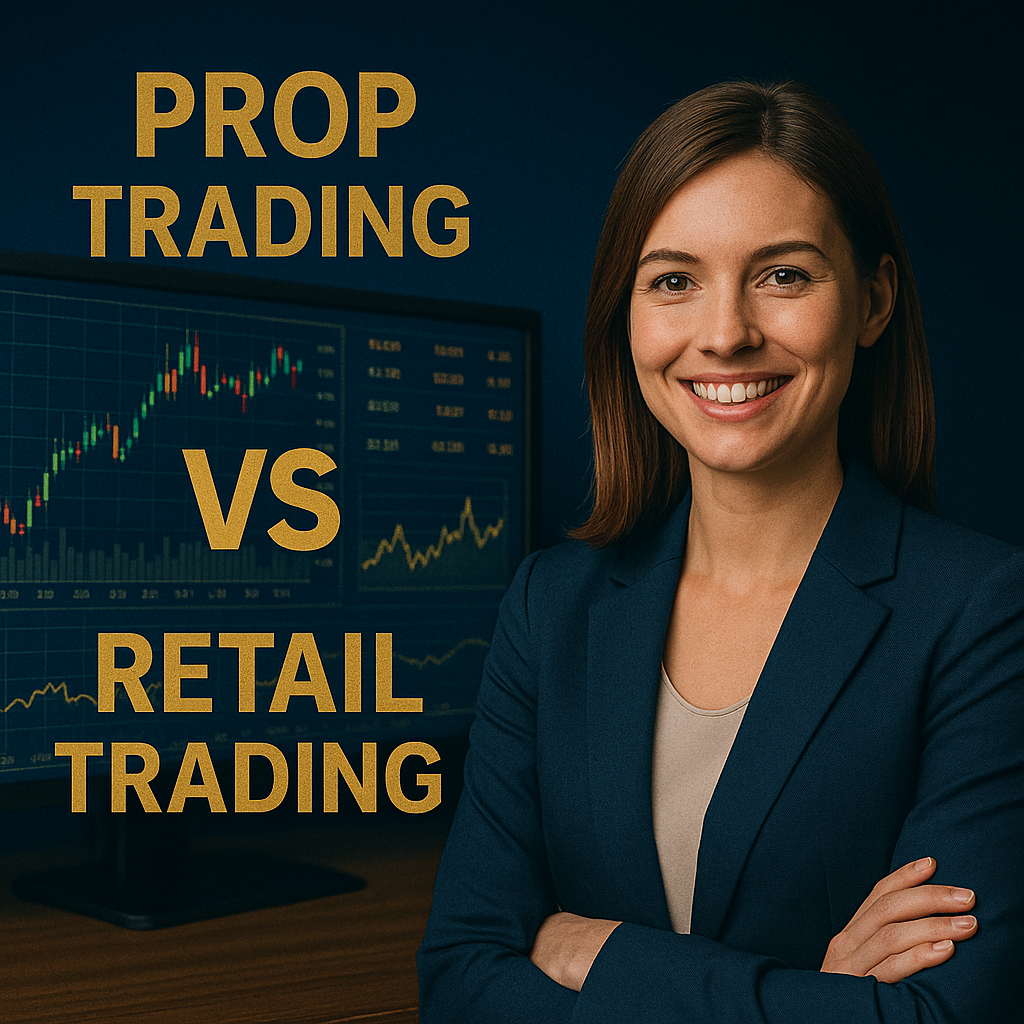Prop Trading vs Retail Trading: Which Path is Right for You?
If you’re new to the world of financial markets, one of the most important decisions you’ll face is choosing between prop trading vs retail trading. This decision impacts how you access capital, manage risk, and grow your trading career.
What Is Prop Trading?
Proprietary trading—also known as prop trading—involves trading using a firm’s capital rather than your own. At Larsa Capital, traders receive access to institutional-grade tools, structured funding, and risk-managed environments. This allows them to focus on performance without risking personal funds.
What Is Retail Trading?
Retail trading means using your own capital through a personal brokerage account. While it provides full autonomy, it also requires full responsibility. Traders must build their strategies, handle losses, and navigate the emotional aspects of trading without external support.
Prop Trading vs Retail Trading: Key Differences
The biggest differences between the two models lie in capital access, risk exposure, and trading structure. Prop trading offers a framework built for growth with shared profits and institutional tools. Retail trading offers freedom but often lacks the resources that help new traders stay consistent.
Furthermore, prop traders are guided by rules and evaluations, while retail traders are entirely self-directed, which can be both empowering and risky.
Which One Should You Choose?
If you want access to capital, trading structure, and less personal risk, prop trading may be the better fit. If you value independence and are confident in managing everything on your own, retail trading could suit you more.
Final Thoughts
Ultimately, the choice depends on your personality, goals, and risk tolerance. At Larsa Capital, we support committed traders who want to grow within a structured environment—without risking their savings. Evaluate your priorities and select the path that aligns best with your trading vision.

